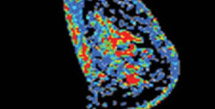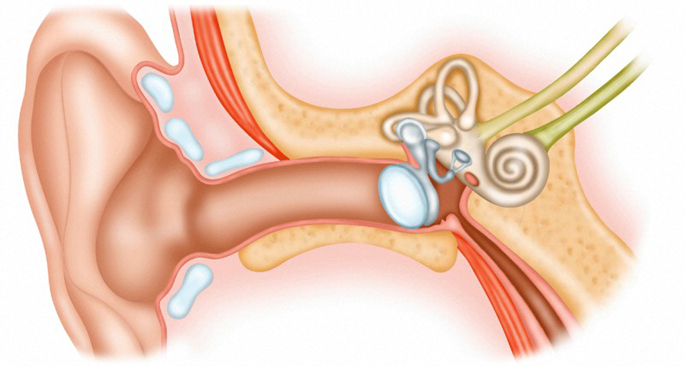Leigh MacMillan
-

Visualizing data on network ‘maps’
The new web application NetGestalt will allow investigators to simultaneously visualize different types of data for the same gene – such as mutation, expression and modification. Read MoreJul 25, 2013
-

Probing roles of a cell death protein
Vanderbilt researchers have discovered new roles for a protein involved in cell death processes that are activated to prevent tumor-causing DNA mutations. Read MoreJul 17, 2013
-

Defining patient retention
Vanderbilt researchers propose guidelines for defining patient retention in clinical studies – an important parameter that affects study conclusions and program evaluations. Read MoreJul 15, 2013
-

Methods for imaging myelin loss
Certain MRI metrics can be used to assess myelin loss in multiple sclerosis, which is important for planning and monitoring therapy. Read MoreJul 12, 2013
-

Model for MADD mitochondrial disease
A zebrafish model of a severe mitochondrial disease will be useful for developing new therapeutic approaches. Read MoreJul 11, 2013
-

Insights on glaucoma gene mutations
Glaucoma-causing mutations in the gene for myocilin reduce secretion of the protein into the aqueous humor, suggesting a new option for treatment. Read MoreJun 26, 2013
-

Predicting cancer’s response to therapy
Researchers are developing imaging methods to predict patient outcome early in the course of chemotherapy for breast cancer – to allow clinicians to adjust therapy for patients who are not responding. Read MoreJun 24, 2013
-

Rhythm response tied to gene variant
A genetic variant that increases risk for atrial fibrillation also impacts the response to a common therapy for the heart rhythm disorder. Read MoreJun 21, 2013
-

Studies outline new model for staph bone infections
Osteomyelitis, a debilitating bone infection most frequently caused by Staphylococcus aureus (“staph”) bacteria, is particularly challenging to treat. Read MoreJun 20, 2013
-

Disease linked to cell traffic jams
Diseases associated with mutations and changes in expression of the protein caveolin may result from faulty trafficking of the protein to the cell surface. Read MoreJun 20, 2013
-

Antacids: risky for premature babies
Antacids that block a certain enzyme pose a risk for a common cardiac problem in premature infants. Read MoreJun 12, 2013
-

Factor’s yin-yang tumor effects
A factor produced by most malignant cells can both promote and inhibit tumor growth – an insight that is critical to using cancer drugs developed to block this factor. Read MoreJun 10, 2013
-

Study tracks skin salt’s role in blood pressure control
Clinical pharmacologist Jens Titze, M.D., and his colleagues have identified a new cast of cells and molecules that function in the skin to control sodium balance and blood pressure. Read MoreJun 6, 2013
-

Matrix member key to insulin resistance
A component of the extracellular matrix that surrounds cells plays a role in insulin resistance and may be a good therapeutic target. Read MoreJun 6, 2013
-

Study lays groundwork for rational T cell vaccine design
Vanderbilt University investigators have developed a new strategy for identifying the “bits” of a pathogen that spark a protective immune response. Read MoreMay 30, 2013
-

Conference highlights latest developmental biology research
The annual Southeast Regional meeting of the Society for Developmental Biology, hosted by Vanderbilt for the first time since 2006, broke participant records with 163 investigators registered and 81 posters presented. Read MoreMay 23, 2013
-

Promise of discovery drives Biomedical Sciences graduates
Vanderbilt awarded 66 Ph.D. degrees to an accomplished group of students in Medical Center-related departments and programs. Read MoreMay 16, 2013
-

Inner ear’s role in bone remodeling
The inner ear system that senses gravity and movement plays a role in bone remodeling – a finding that has clinical implications for space travel and for patients with inner ear disorders. Read MoreMay 15, 2013
-

Salt revs stomach bug’s cancer impact
A high-salt diet worsens the carcinogenic effects of Helicobacter pylori, a bacterium that colonizes the stomachs of half of the world’s population. Read MoreMay 13, 2013
-

Profiling heart cells
A “profile” of the genes and regulatory networks that govern early heart valve development lay the groundwork for generating valves from a patient’s own cells. Read MoreMay 10, 2013